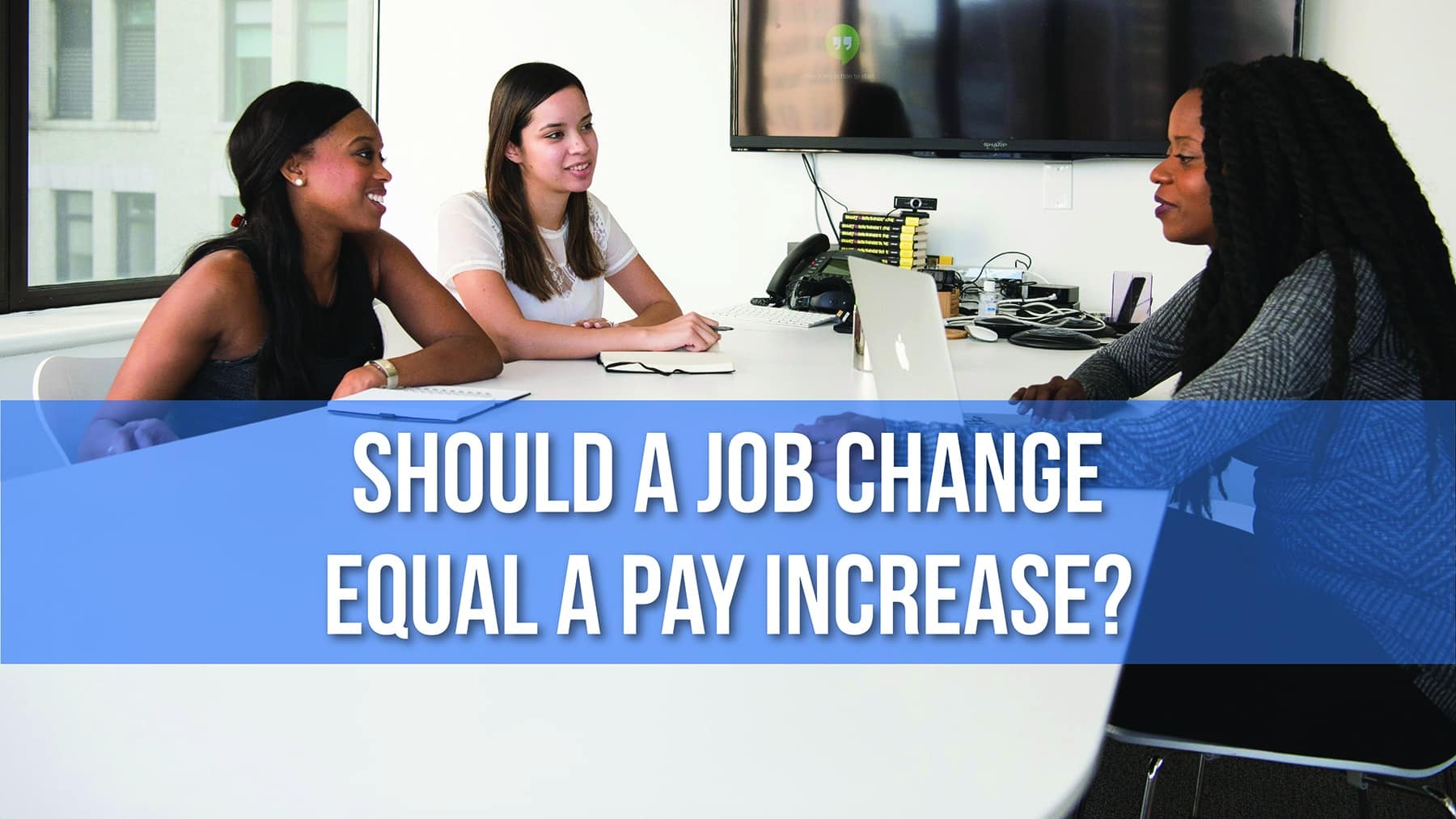Does a Job Change Equal a Pay Increase?
Let’s be honest – it’s hard not to check out the dozens of new job opportunities posted everywhere (even if you aren’t actively searching for a career change). With the ongoing conversation between employees and employers regarding pay and benefits, many employees believe the easiest path to get an increase in pay is to find a new job starting at a higher wage.
The logic makes sense, but it’s not as straightforward as many think it is. According to a recent study done by Yahoo! Finance, the pay increase job hoppers want isn’t as big as expected. In fact, workers who retained their job in 2020 received an average 4% pay increase, while those who switched jobs got, on average, a 5% increase. That’s only a mere 1% more than those who stayed put. Don’t forget to factor in the stress of changing companies, learning a new role, and the time it takes to earn that next merit-based pay increase when starting over at a new job.
An unfortunate trend career experts are seeing from job hoppers is their hesitancy in asking their current employer for a bump in pay before they start the process of finding a new job. Many employers are willing to discuss a pay increase with deserving employees in order to retain great talent. Having an open discussion with your current employer could actually be more beneficial for your career than simply jumping ship because you’re afraid to ask.
There are some circumstances where changing jobs is the right call:
- If you’ve acquired new skills that make you more valuable and have outgrown your current role;
- If you’ve been in your role for several years without reward;
- If your salary lags when compared to others working in your industry and role;
- If your current employer has a history of paying below-market rates.
Another thing to consider when deciding whether to change jobs or not is your previous job-hopping history. Employers tend to be less likely to hire a candidate who appears to be a frequent job hopper. If it looks like you’re willing to leave every job for the next offer, rather than potentially sticking with the company who invested in training you, why would they want to take a chance on you?
In the end, it’s up to you to make the best decision about changing jobs or not. Job Hopping has become trendy, but it’s not always the most beneficial move for your career. And unlike many are starting to believe, it doesn’t always equal that major pay increase you’re hoping for.








